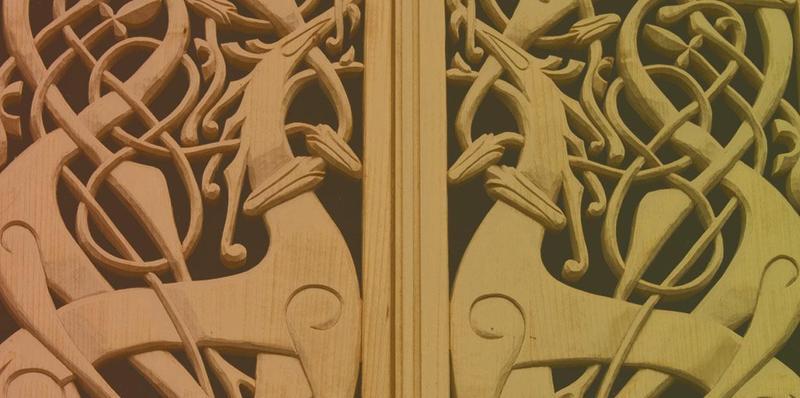Can Sweden's Ancient Forest Language be Saved?
Can Sweden's Ancient Forest Language be Saved?
Campaigners are pushing for an ancient Viking tongue to be officially recognized as a language in Sweden in the hope that it could help preserve it for future generations.
Elfdalian (Övdalian or Älvdalska) is a North Germanic variant spoken by around 3,000 people in the Älvdalen area of Dalarna County, western Sweden. But with only 60 children under the age of 18 estimated to currently speak it, the language is at risk of dying out.
The Swedish Government still treats it as a dialect, and campaigners claim that has led to children who speak Elfdalian feeling a sense of inferiority about their mother tongue. Pressure from the Swedish language is blamed for diminishing use of the minority tongue in the last century, but official recognition could help change the momentum, proponents argue.
“Once Elfdalian is recognized as a language the community would have the chance to apply for financial support to help it. The state would feel more obliged than now to fulfill its duty and see that Elfdalian speaking children could develop their language in preschool and school,” Yair Sapir, an associate professor of Swedish language at Kristianstad University, told The Local.
In May, Elfdalian was given a boost when it gained international recognition by being assigned an ISO language code. The codes, used to compile lists of the world’s languages, help the internet classify what is or is not a language.
And the fight to help keep Elfdalian alive is now starting to gain some domestic momentum. A motion handed in by the Green Party’s Niclas Malmberg to the Riksdag asking parliament to reconsider its language status has been accepted, and will be discussed at some point before the spring.
A petition in support of the motion has attracted some weighty signatures since it was launched on September 2nd, including Henrik Williams, Nordic languages professor at Uppsala University.
Elfdalian expert Sapir, who is in no doubt that it is a separate language from Swedish, explained that the tongue has managed to hold onto ancient traits that other Scandinavian languages have lost.
“Elfdalian has several features that have been lost even in Icelandic, the most archaic Nordic language,” he said.
“These include nasality (like in French), the letter ‘w’, which has been lost in the standard Scandinavian languages, and its syllable structure. The ancient runic script was also preserved until the beginning of the 20th century, whereas it was lost in the rest of Sweden several centuries earlier.”
You can listen to the Viking language being spoken in the video below.
Be the first to post a message!
